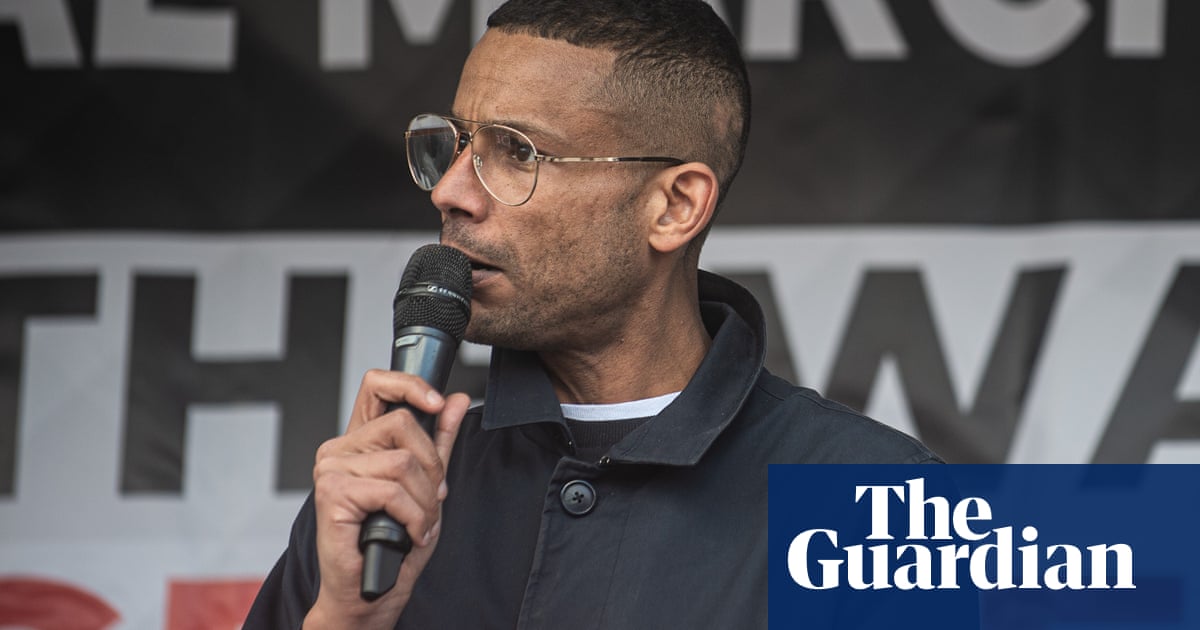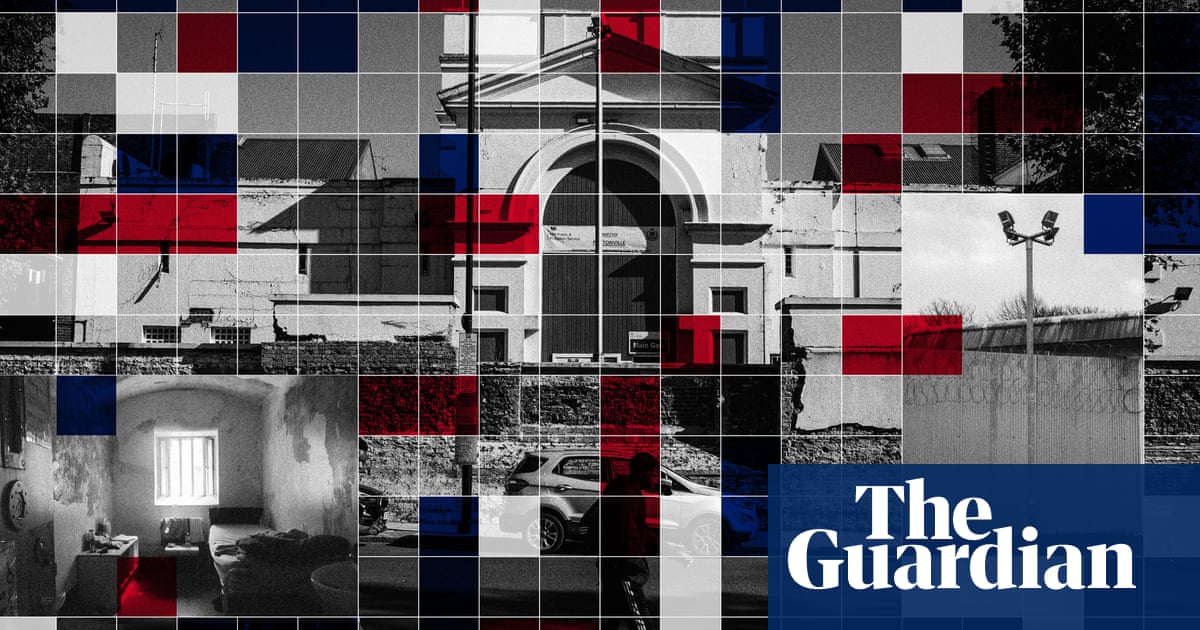
Rape and domestic violence cases in England and Wales will be among the worst hit from the growing backlog in the judicial system, and trials could soon start collapsing because of severe delays, the new crime commissioner for England’s second biggest force has warned.
Simon Foster, the Labour commissioner for West Midlands police, said underfunding and “mismanagement and reckless neglect” of the justice system over the past 10 years had left it at crisis point, and he had heard of one crown court trial date being set for as far off as 2024 – though the Ministry of Justice denied this.
“It’s not justice for the accused, for witnesses, for the victims, and it undermines the credibility of the justice system,” said Foster, who worked as a legal aid solicitor for 35 years. “We really ought to treasure our justice system in the same way we treasure our NHS, and I don’t think people do.”
“It’s particularly domestic abuse, violence against women and rape cases that are going to be at serious risk … as a result of that backlog,” he said, adding that it is difficult to sustain long delays to trials when vulnerable people were involved.
“That is a real concern to me. Are we going to see a further fall in prosecution rates as a consequence of trials not remaining sustainable for all that time?”
Foster’s comments came ahead of the expected publication of the government’s long-awaited review into how rape is investigated and prosecuted in England and Wales. Commissioned two years ago, it was planned to be completed in spring 2020 but was pushed back amid wrangling over how far the proposed actions to tackle record low rape charges and convictions should go.
There are nearly 58,000 outstanding crown court cases and more than 450,000 magistrates court cases in the system, and Foster said urgent intervention was needed to stop cases from collapsing due to the delays.
Andrea Simon, the director of End Violence Against Women Coalition, said the pandemic had exacerbated what was already an unacceptable backlog. “Pre-Covid many rape cases were already taking over two years to reach trial. This will have significant impacts on women and girls remaining engaged with the system.”
She said throughout lockdown some women had only found out on the day their trial had been postponed, and repeatedly relisted trials “adds to the retraumatisation of victims and has a major effect on their ability to provide evidence, or even attend trial”.
“The issue of lengthy delays in the justice system also impacts victims’ willingness to access therapeutic support while waiting, because of concerns those counselling notes could be used in court,” said Simon.
“When you set this against record low rates of prosecution for rape, it adds up to a colossal denial of justice to victims of sexual and domestic violence, which disproportionately impacts women and girls.”
In the first three months of the coronavirus pandemic, prosecutions for crimes against women and girls fell by more than half compared with 2019, due to the backlog in the court system worsened by court closures and social distancing measures.
The Ministry of Justice insisted it was wrong to suggest that any trials had been listed for 2024, and the vast majority had been scheduled for next year. A spokesperson said: “Outstanding cases in the magistrates court have fallen by around 60,000 since last summer, crown courts are dealing with cases at pre-Covid levels, and we are investing hundreds of millions to further increase capacity and deliver swifter justice for victims.”
Foster was voted in to the West Midlands crime commissioner role in May, vowing to invest more in community policing, which he said has been dismantled by austerity cuts over the past decade, as well as a commitment to tackling knife crime and violence against women.
The Conservatives took 75% of the police and crime commissioner roles contested in May, including 10 gains, helping to consolidate home secretary Priti Patel’s power over the country’s police forces.
Foster said he would use his role to fight for more funding for the force. He said that under the government’s plans to put 20,000 police officers back on to the streets West Midlands police would get only just over 50% of the officers they lost to cuts during the past decade.
He said the allocation of new officers would leave more deprived areas worse off. “When it comes to our police officers, there’s no levelling up,” he said.
The Home Office was contacted for comment.












